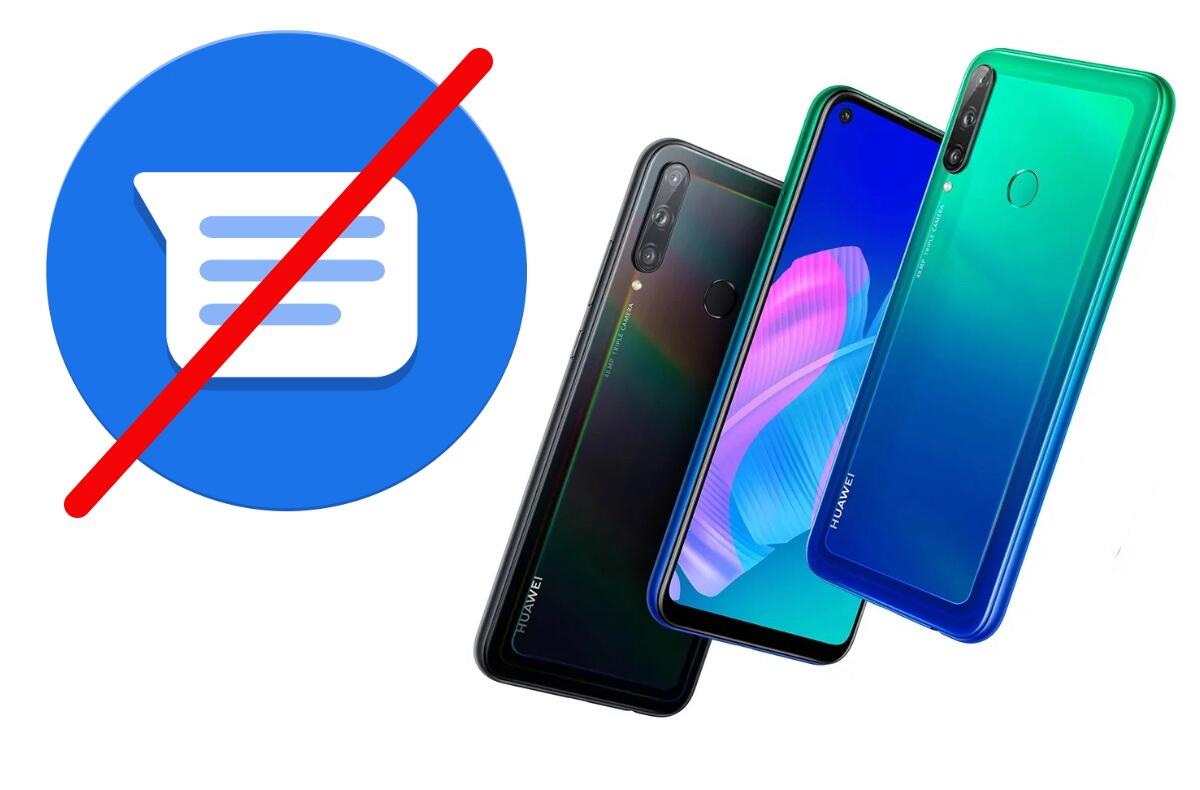Google plans to replace cookies. Will it be a step towards a secure internet?
Google is the largest digital advertising company in the world. In 2020, the company accounted for more than 50% of global advertising sales, which means they are really big numbers.
Whenever we surf the Internet on any device, we are monitored by advertising companies, including Google. However, Google has a solution for this in the Privacy Sandbox program that could lead to a more private browsing of the Internet.
Cookies are a major source of information for advertising companies, including Google
Each time you visit the site, our device leaves behind a certain “trace”, which are cookies. They’re a vital tool in the way companies that serve ads based on your interests work. However, these files sometimes contain more information than we would like.
The worst part of the whole issue of cookies is the so-called “fingeprinting”. This means that specific data about your smartphone or computer is collected to create a unique identifier that points directly to the device you are using.
Cohorts – a new way of gathering information
However, Google came up with the idea of gathering information in its products again so that advertising companies would not go bankrupt, but in this case much more anonymously. The key is the so-called “Cohorts”, ie some groups of users with common interests. This is a way to read encrypted data and then include it. Using local data, the browser could create an encrypted string. Based on this, we would be assigned to a group with users who have the same or similar interests.
Currently, this is a specific and complex procedure that clearly provides certain benefits. The way a group identifier is created does not depend on the data of any individual. It is also not necessary to store any kind of database of information about individual users and their devices. For this method to be effective, the “cohort” must be large enough. In this case, Google allegedly plans to launch a server that will only be responsible for the size of the groups.
Public testing of this feature in Google Chrome will be available later this month, with its next release. Testing with real advertising companies will begin in the second quarter of 2021. According to information on androidcentral.com, Google promises that there will be no alternative methods for tracking individual users once cookie support has ended.
Our tip
AppGallery: How many users are active and compare to Google Play



